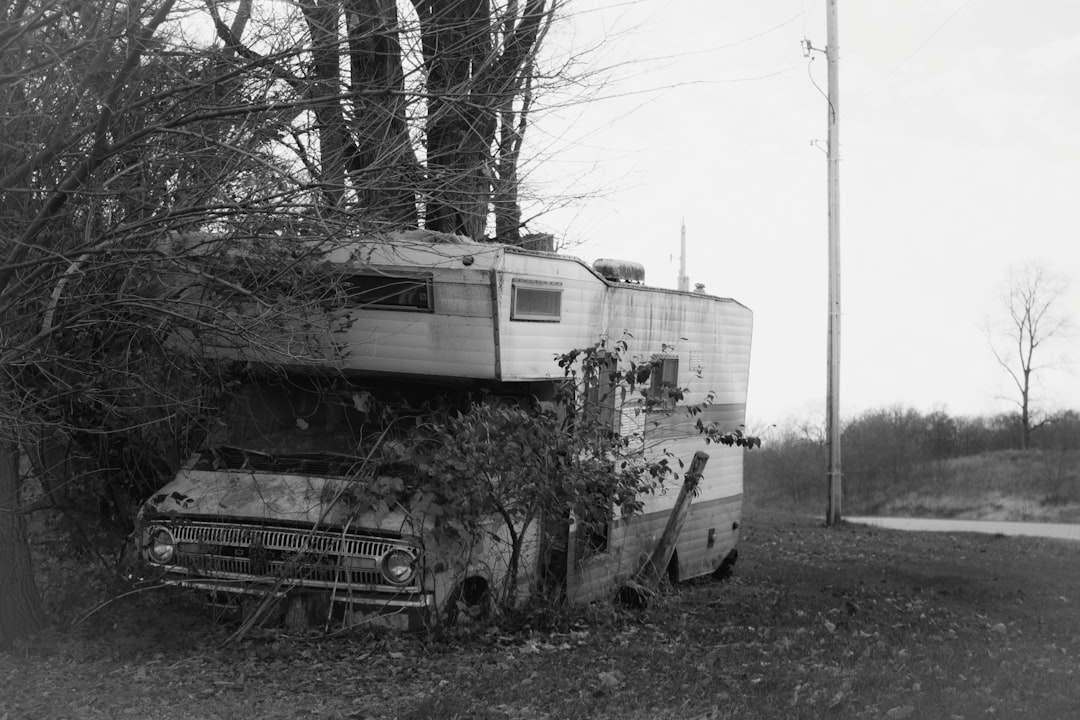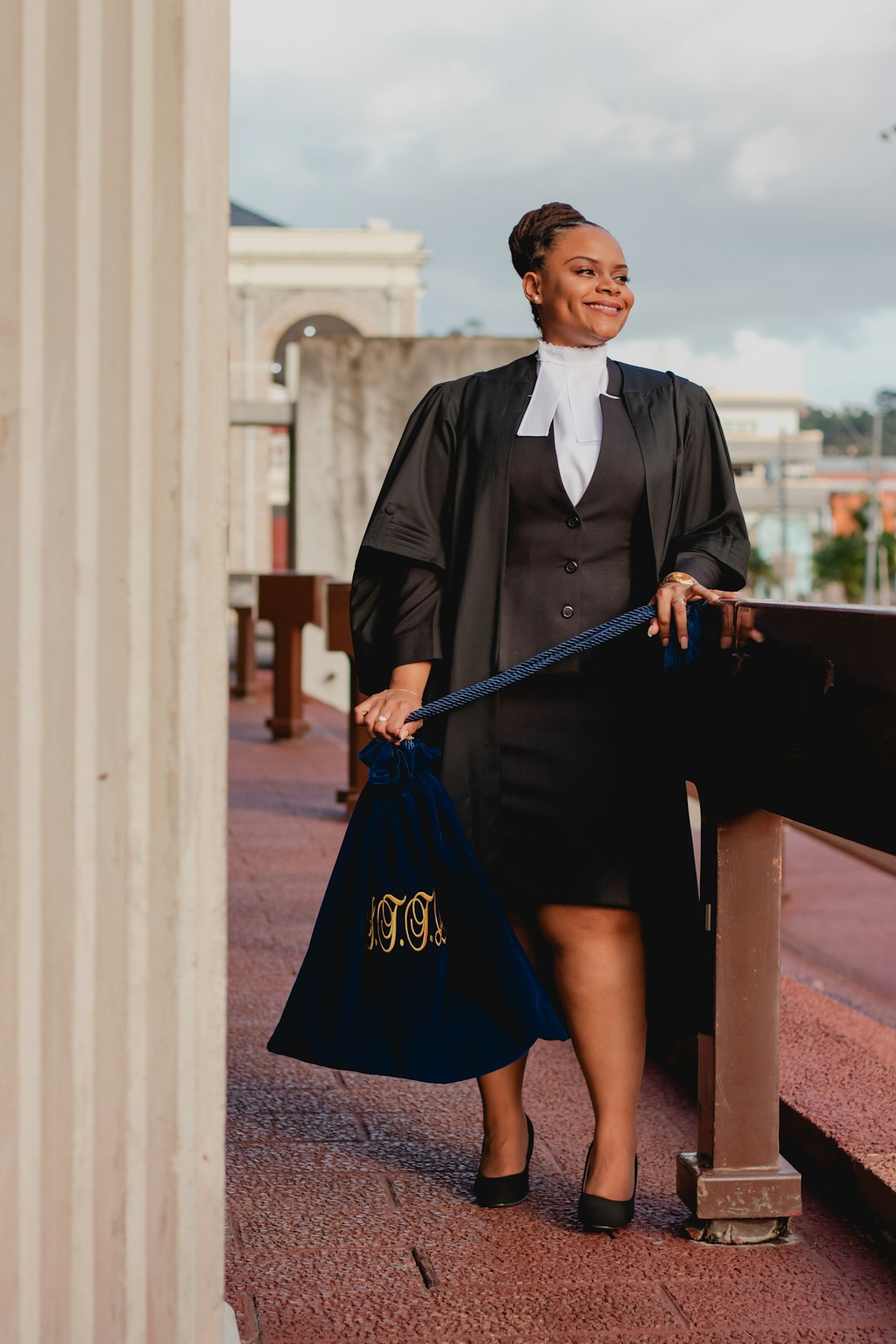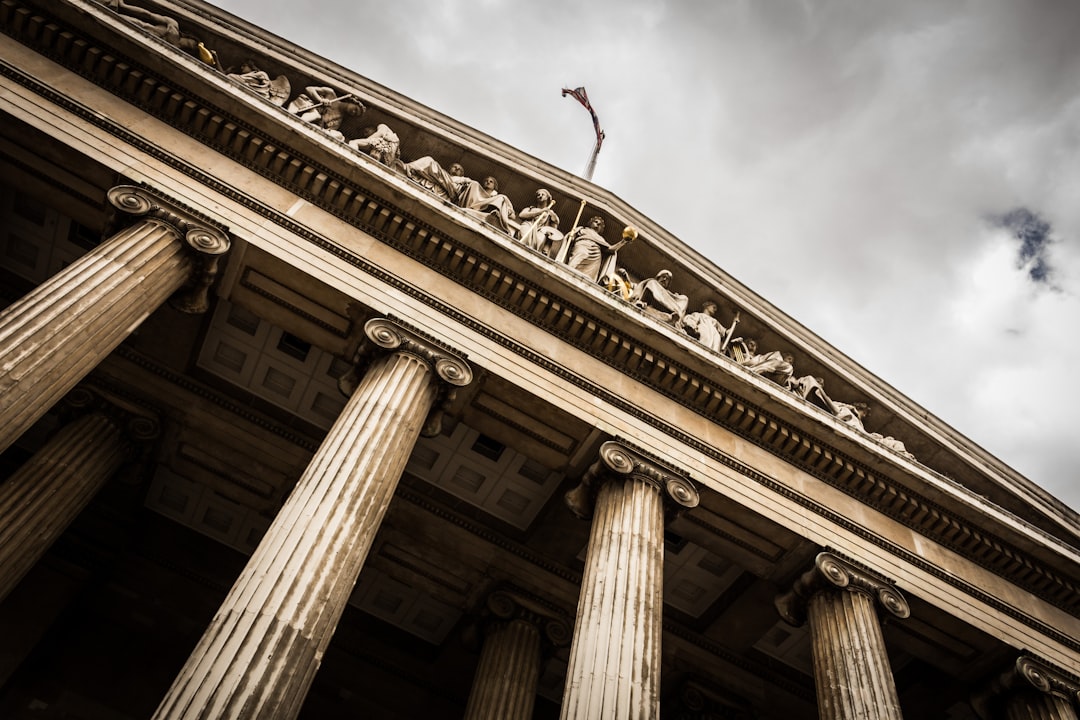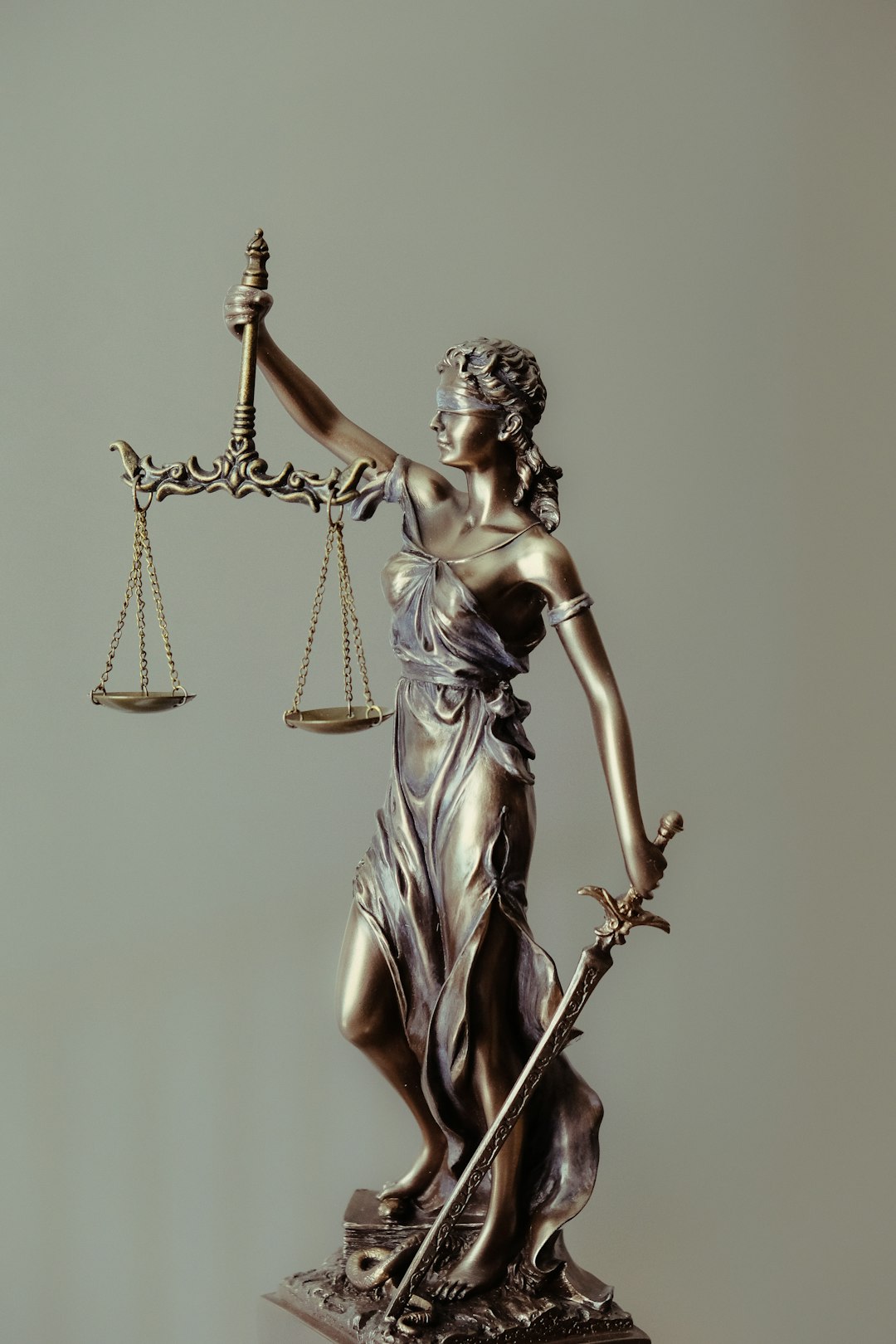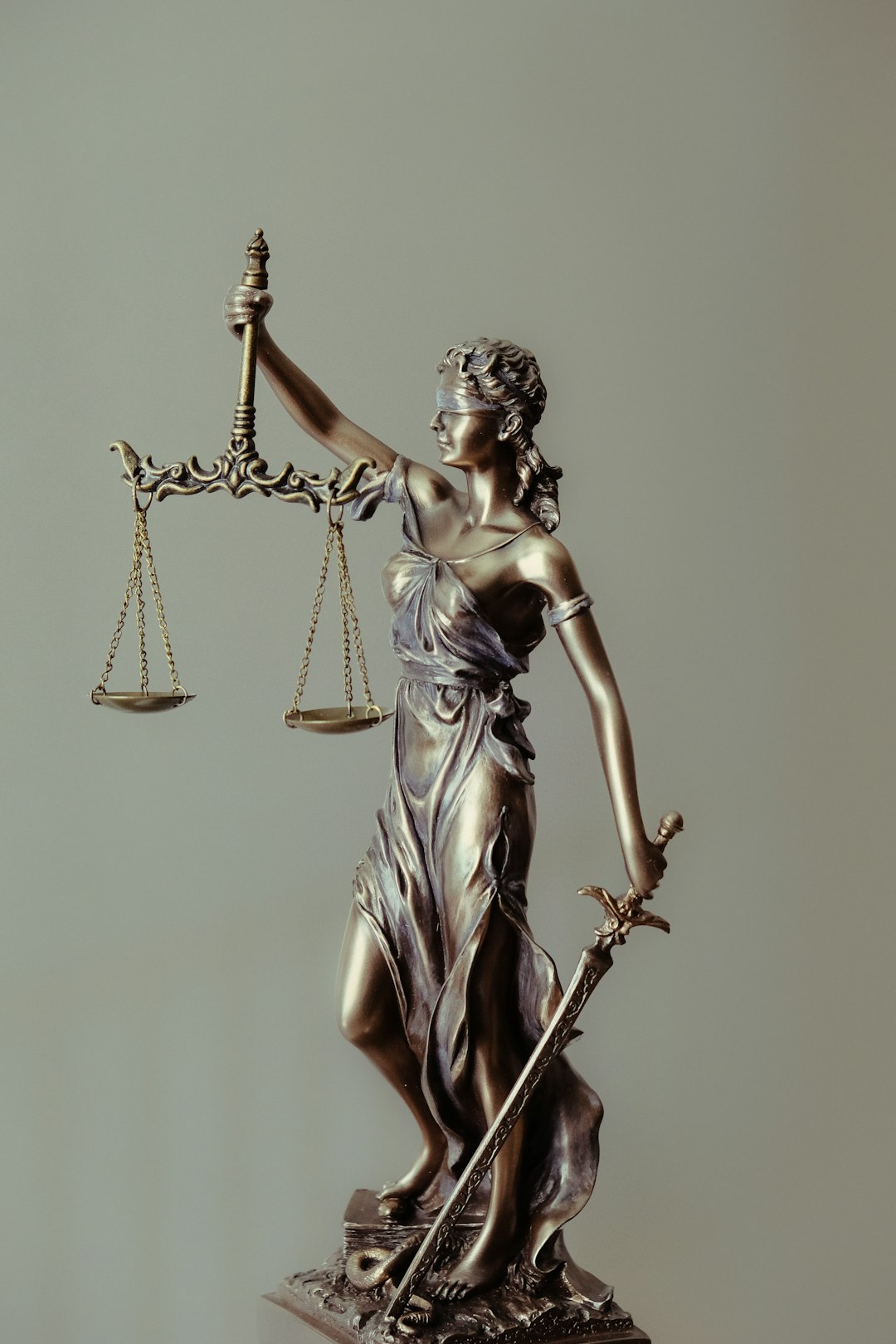Wheaton schools face challenges in addressing potential abuse within extracurricular activities, with many cases going unreported. Illinois' stringent legal framework offers protection through comprehensive laws and regulations, with dedicated school abuse law firms ensuring accountability. Parents play a crucial role in recognizing and reporting abuse, while schools must establish strong reporting systems, staff training, and supportive environments for students. By collaborating with local school abuse law firms, Wheaton can create safer spaces for students, enforce Illinois' strict abuse laws, and provide comprehensive assistance to affected individuals.
In Wheaton, as in many communities, extracurricular activities play a vital role in student development. However, they’re not immune to issues like abuse. This article delves into the complex landscape of extracurricular abuse within Wheaton schools, exploring key aspects including legal frameworks such as Illinois school abuse laws, the crucial roles of parents and guardians, preventative measures, and support systems for vulnerable students. Understanding these elements is essential for fostering a safer environment. Reach out to a school abuse law firm in Illinois for guidance on recognizing and addressing potential instances of abuse.
Understanding the Scope of Extracurricular Abuse in Wheaton Schools

In Wheaton schools, extracurricular activities are a vital part of student life, fostering teamwork, discipline, and personal growth. However, behind this vibrant facade, incidents of abuse can occur, spanning from physical harm during practices to emotional manipulation by coaches or leaders. Understanding the scope of extracurricular abuse is crucial for both students and parents, as it involves recognizing various forms—not just physical but also psychological, verbal, and sexual—that can leave lasting impacts on young individuals.
A school abuse law firm in Illinois highlights that many cases go unreported due to fear, shame, or a lack of awareness of available resources. To combat this, schools must implement robust reporting mechanisms, conduct regular training for staff and coaches on recognizing and preventing abuse, and promote an open dialogue where students feel safe sharing their experiences. By addressing extracurricular abuse proactively, Wheaton schools can ensure a healthier, safer environment for all participants.
The Legal Framework: Illinois School Abuse Laws and Regulations

In Illinois, the protection of students from abuse in extracurricular activities is governed by a robust legal framework designed to ensure safety and accountability. The state’s school abuse laws and regulations are comprehensive, aiming to prevent, identify, and address instances of mistreatment, harassment, or any form of abuse that may occur during after-school programs, sports, or other community events organized or sponsored by schools. These laws are enforced by a range of entities, including educational institutions, law enforcement, and dedicated school abuse law firms in Illinois.
Key regulations include strict guidelines on reporting and investigation procedures for suspected cases of abuse. Schools must have clear protocols in place to receive and address reports from students, parents, or staff. Any allegations of abuse are taken seriously, and thorough investigations are conducted to ensure the well-being of all parties involved. This robust legal framework serves as a safeguard for students, empowering them to speak out against any form of mistreatment while holding schools and organizers accountable for maintaining a safe environment in extracurricular activities.
Role of Parents and Guardians in Identifying and Reporting Abuse
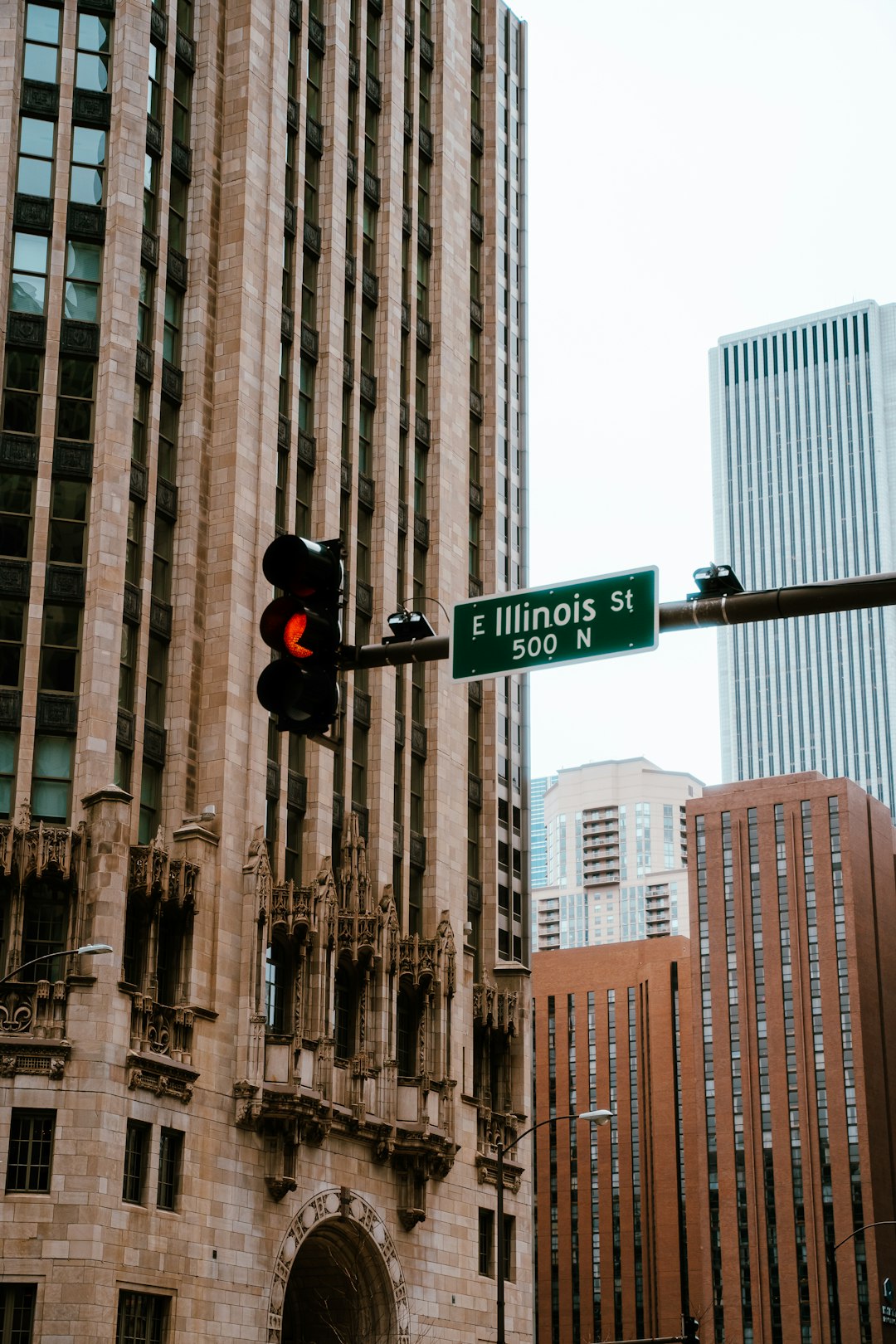
Parents and guardians play a pivotal role in identifying and addressing potential abuse within Wheaton’s extracurricular activities. They are often the first line of defense, as they spend significant time with their children and can recognize unusual behaviors or changes in attitude. The Illinois school abuse law firm highlights that parents should be vigilant for signs such as sudden withdrawal from activities, changes in appetite or sleep patterns, and emotional distress. Regular open conversations about a child’s experiences at extracurricular events are crucial to fostering trust and enabling them to come forward if something amiss occurs.
Reporting suspected abuse is another critical aspect of a parent’s responsibility. Illinois law firms specializing in school abuse have procedures in place to handle such matters confidentially. Parents should document any concerning incidents, gather evidence, and contact the appropriate authorities or school administrators promptly. This proactive approach ensures that potential harm is minimized and perpetrators are held accountable under the state’s strict school abuse laws.
Preventative Measures and Support Systems for Vulnerable Students

In addressing abuse within Wheaton extracurricular activities, preventative measures and robust support systems for vulnerable students are paramount. Schools in Illinois, as governed by the school abuse law, are mandated to implement clear policies and procedures that promote a safe learning environment. This includes regular training for staff and volunteers on recognizing and reporting suspected abuse, as well as educating students about their rights and available resources.
Support systems should encompass both immediate intervention and long-term care. Confidential counseling services, peer support groups, and access to mental health professionals can significantly aid affected students in processing their experiences and rebuilding trust. A collaborative approach between school administrators, teachers, parents, and local Illinois school abuse law firms ensures that every student receives the comprehensive assistance they need to heal and thrive.
